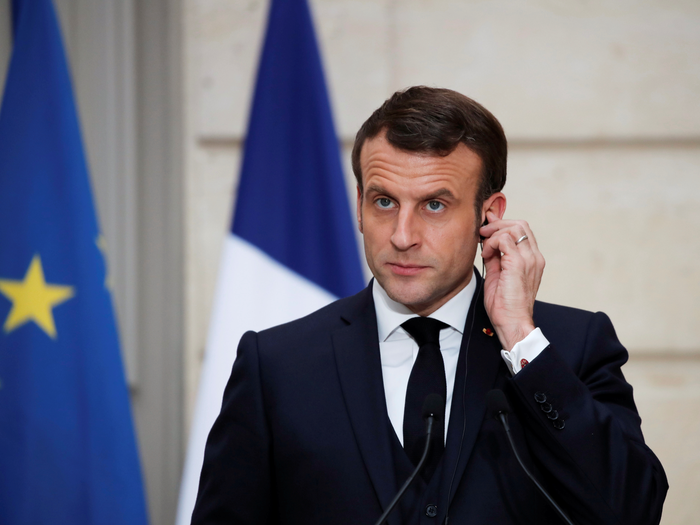French President Emmanuel Macron has formally acknowledged the violent role of France during and after Cameroon’s struggle for independence, marking a rare admission of colonial-era abuses. His remarks came after the release of a joint report by Cameroonian and French historians detailing France’s suppression of independence movements between 1945 and 1971.
In a letter to Cameroonian President Paul Biya, Macron stated that the report confirmed “a war had taken place in Cameroon” during which colonial authorities and the French army carried out “repressive violence of several kinds in certain regions.” He said it was his responsibility to acknowledge France’s actions but stopped short of offering an outright apology.
The report, commissioned in 2022 during Macron’s visit to Yaoundé, found that tens of thousands of Cameroonians were killed between 1956 and 1961. It detailed how France forced hundreds of thousands into internment camps and supported brutal militias to suppress the independence struggle. Among those killed was Ruben Um Nyobe, the charismatic leader of the anti-colonialist Union of the Peoples of Cameroon (UPC).
Despite the gravity of the findings, Macron’s decision not to apologize drew mixed reactions. Some Cameroonians, like 25-year-old student Charles Wamalamou, said recognition alone was insufficient, insisting France had caused “too much harm.” Others, such as teacher Tsoye Bruno, welcomed the acknowledgment but described the absence of an apology as “a very bad thing.”
Historians who contributed to the report, such as Professor Willibroad Dze-Ngwa, emphasized that their role was to present facts, not to recommend apologies or reparations. He noted that reparations would require a legal judgment, which was outside the scope of their work.
Macron expressed willingness to work with Cameroon to promote further research and make the findings available to academic institutions. His approach mirrors previous efforts to confront France’s colonial past in Africa, including acknowledging massacres in Senegal in 1944 and France’s role in the 1994 Rwandan genocide. However, as with Algeria, Macron maintained there would be no formal apology, opting instead for symbolic acts of remembrance and reconciliation.
The acknowledgment is likely to fuel ongoing debate in Cameroon over whether France should go beyond recognition and offer reparations for its colonial-era atrocities.

